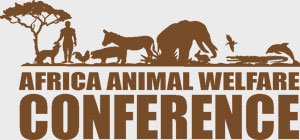8th AAWC - Action 2024 Speakers
Speakers details to be updated soon on this page. Please check back later.
For any queries, please contact us on:
Email: info@aawconference.org
Cell Phone: +254 – (0) 798 452 625
For any queries, please contact us on:
Email: info@aawconference.org
Cell Phone: +254 – (0) 798 452 625

